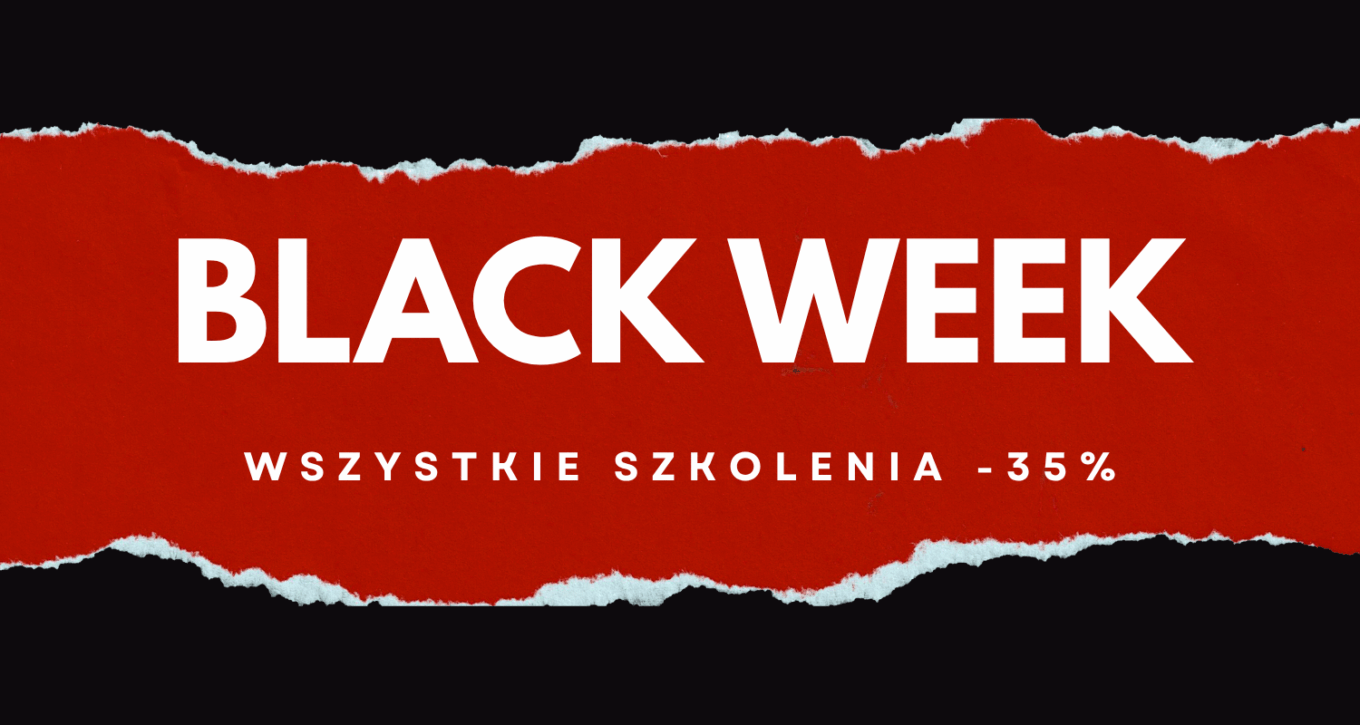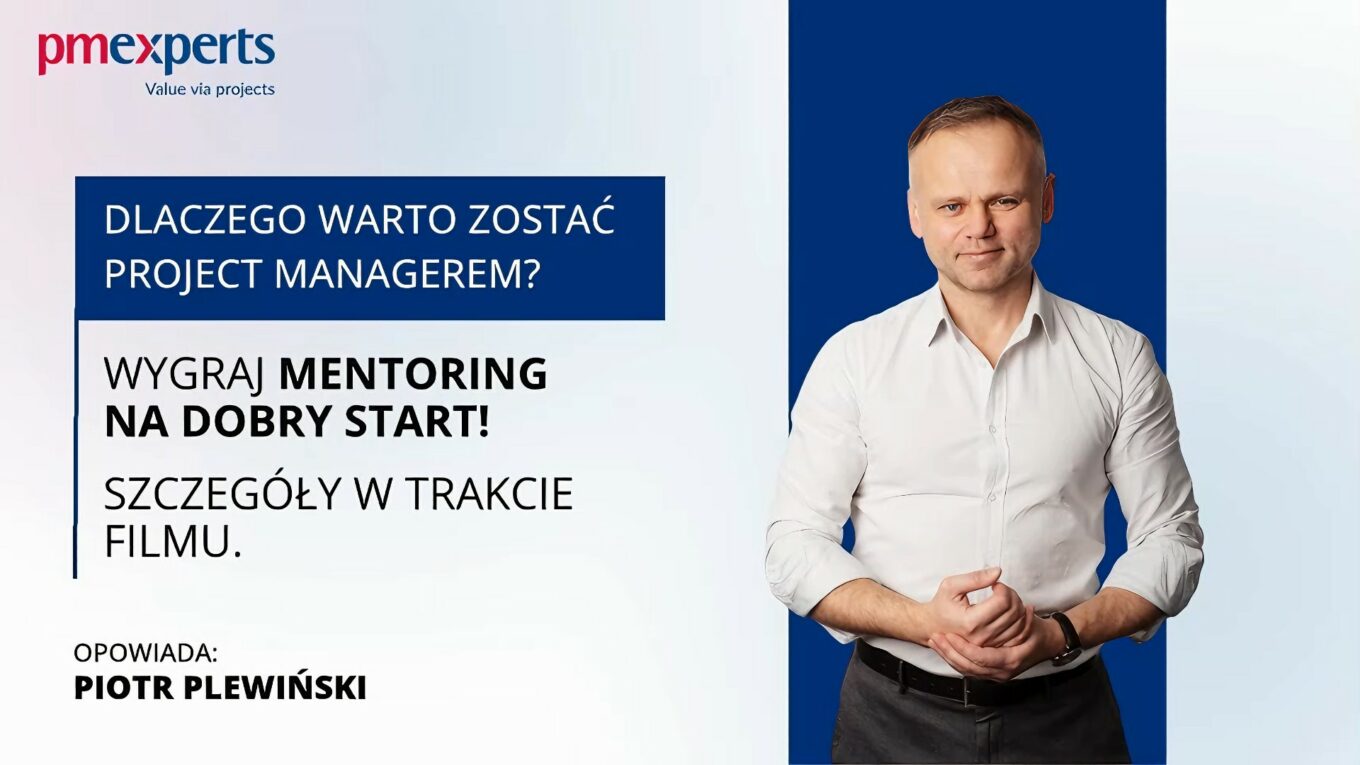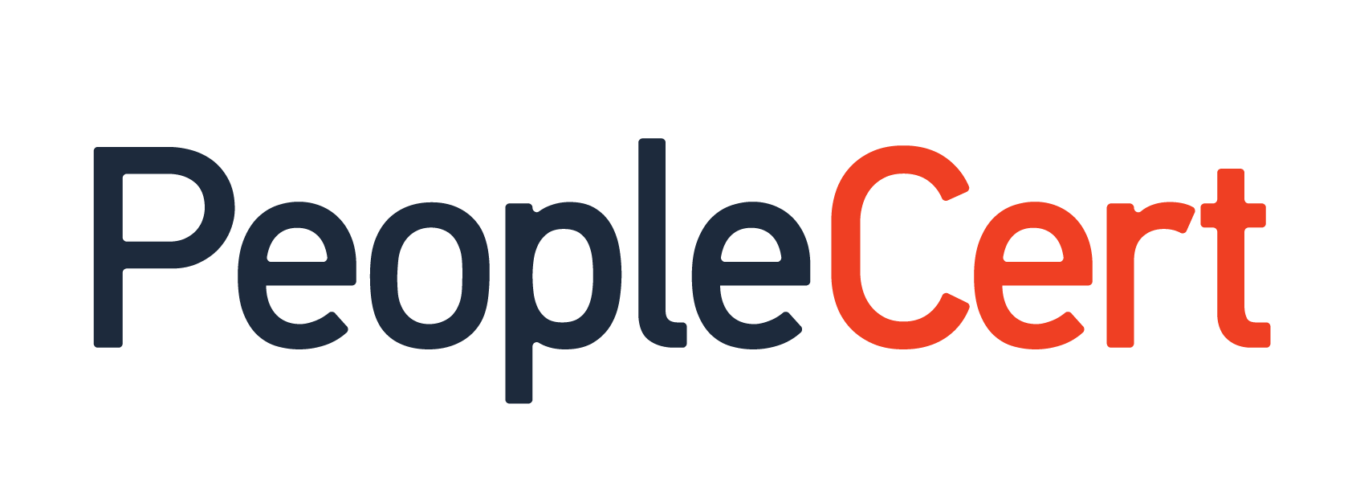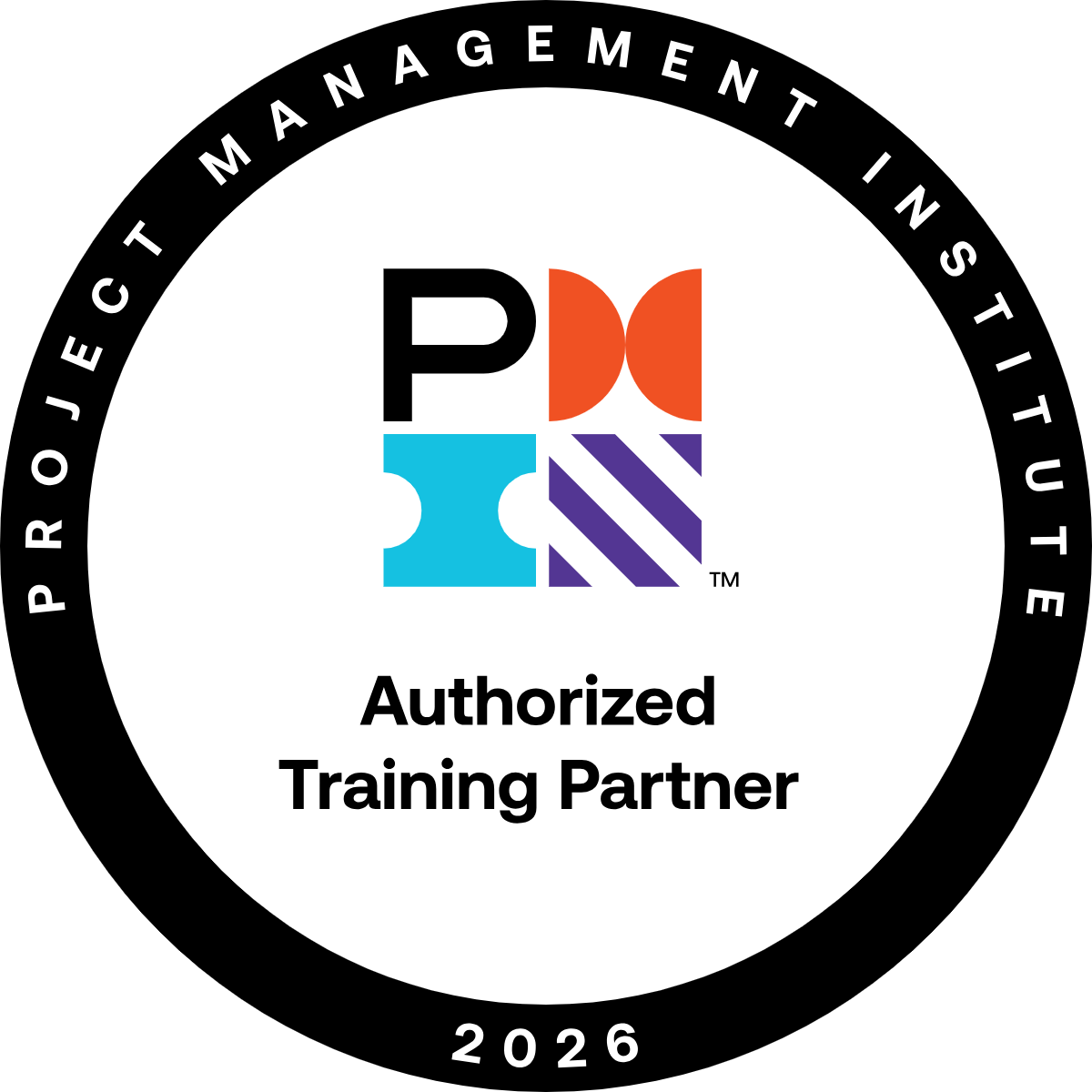At pmexperts, we are committed to the idea of creating results together with our clients. That’s why there is nothing more rewarding for us than building lasting partnerships. Long-term collaboration with our clients is, in our view, the best proof of the business value our work brings them.
Sometimes, we work together for many years, training new groups of employees on the same topics. In other cases, we deepen the knowledge of previously trained teams with more advanced, specialized courses. Some clients choose to develop their internal project management methodologies with us - and later optimize and expand them over time. Others engage us to lead their projects and, to our great satisfaction, continue to involve us in future initiatives. We hope that these examples of long-standing partnerships will inspire you to establish a lasting collaboration with us.
Large-scale projects, everyday challenges – a case study from the shipbuilding industry
Today’s example comes from our cooperation with a major organization in the shipbuilding industry. Large-scale undertakings are a defining feature of this group of companies. Building or modernizing a ship requires space, infrastructure, equipment, and a large team of employees with a wide range of specializations. Each such initiative qualifies as a project - with a specific product or service to be delivered within an agreed timeframe and budget. These projects often need to meet complex client requirements while being subject to strict third-party oversight by classification societies acting on behalf of the public interest.
In organizations from this sector, we observe a clear awareness of project-based work among management teams. It is common to appoint project managers and establish dedicated project teams. In many cases, separate units responsible for project execution are formally structured within the organization. However, it’s worth noting that employees in departments directly responsible for delivery frequently lack awareness of the project-based nature of the company’s operations and approach their tasks purely from an operational standpoint. There are also frequent examples of tension between departments managing client relationships and those coordinating the actual execution of work - challenges that are not unique to this industry, but often seen across various sectors.
From need to solution – how our cooperation began
In this case, our cooperation began three years ago with an invitation to submit a proposal for a project management training course. The invitation came from a senior manager responsible for a unit that brings together leaders of implementation work. Over the course of several meetings, we clarified the client’s critical requirements, defined the target group, and outlined the expected outcomes the training was meant to deliver.
We agreed to carry out a comprehensive training program based on our PM Academy, which presents the best practices in project management promoted by the Project Management Institute (PMI®). At the same time, we limited the training delivery to five working days held within a single week. This required us to adjust and condense the program, but it also enabled us to focus on a specific project example and address it holistically through hands-on workshop exercises. To ensure a truly workshop-oriented experience, we agreed to limit each training group to 12 participants, divided into three working teams.
From the training room to project reality – practical outcomes and continued development
In this way, we trained 70 people across six training sessions held over the course of a year. Among the participants were not only project execution coordinators, but also client account managers and individual representatives from other departments. For some, the training served as a refresher of previously acquired knowledge; for others, it was a chance to compare their long-standing practices with the frameworks recommended by PMI®. However, for everyone involved, working in mixed workshop teams provided an opportunity to practice and reinforce new methods of collaboration. According to feedback from the client, these methods have since been successfully applied in the execution of joint projects in the company’s day-to-day operations.
The positive outcomes of the initial training sessions encouraged the client to invite us to jointly address another identified need. Although project time management was initially covered during the five-day training, the client saw a need to deepen knowledge and promote best practices in project scheduling. This time, we co-developed a tailored training program. pmexperts delivered the first day based on PMI®’s Practice Standard for Scheduling. The second day focused on practical exercises built around the client’s real project examples and carried out using the scheduling software already in use within the organization.
When client needs grow – new trainings and a step toward Agile
The different nature of the second training cycle allowed us to increase the group size to 16 participants. Over the course of six months, we conducted seven editions of this training in collaboration with the client. The shorter duration and focused subject matter enabled us to reach a broader audience. More representatives from execution departments participated, which helped reinforce good scheduling practices - particularly in terms of involving subject-matter experts in estimating work effort and task duration, as well as identifying associated risks.
While it might have seemed that the two completed training cycles would satisfy the client’s project management needs for some time, we resumed discussions just six months later. The client had identified a new need: to clarify the concept of Agile, introduce recommended Agile practices for project delivery, and explore the potential to adopt at least some of them within their own initiatives. The world is moving toward hybrid project management models (PMI Pulse of the Profession® 2024) - so why should the shipbuilding industry be an exception? So far, we have delivered two editions of this training, exploring both the theoretical foundations and engaging participants in hands-on Agile experimentation through our LEGO® brick workshop.
Pilot training with management involvement – small changes, big impact
To conclude, it's worth highlighting a key practical element of our collaboration. For each of the three training cycles delivered so far, we agreed to treat the first session as a prototype. The participants of this initial training were, each time, the previously mentioned senior manager and their closest collaborators. Although the program had been formally approved in advance, this approach allowed us to make adjustments to the final “product.” These changes were never revolutionary, but even small tweaks proved to be highly valuable in enhancing the training’s impact. They led to improved results in daily operations and, ultimately, to greater business value for our client.
And that’s exactly what we enjoy most!
Article written by:
Maciej Krupa
Project Manager, Senior Consultant
PMP®, PRINCE2®, AgilePM® Accredited Trainer










